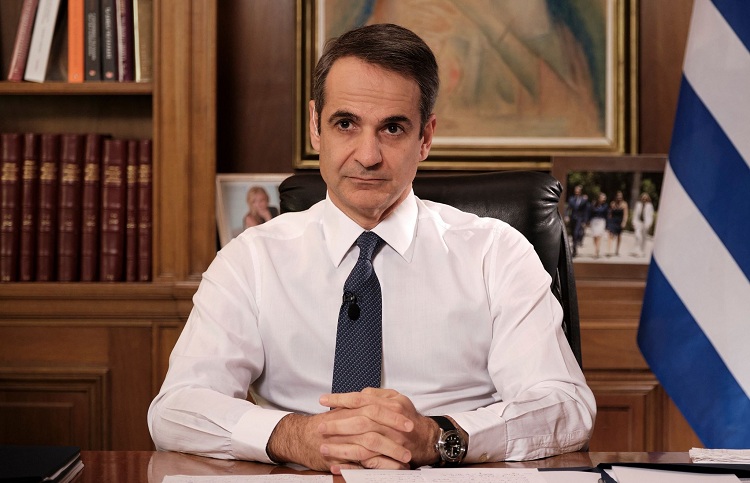Eduardo González
The Spanish Government considers that Greece’s proposal for the creation of a European vaccination certificate is “very much in line” with the international mobility strategy presented in mid-December by the President of the Government, Pedro Sánchez, to the Organisation for Economic Cooperation and Development (OECD).
The proposal for the adoption of a “vaccination certificate” that is accepted by all EU Member States was presented by the Greek Prime Minister, Kyriakos Mitsotakis, in a letter addressed to the President of the European Commission, Ursula von der Leyen, and the other European leaders. The initiative is based on the procedures implemented in Greece itself to “facilitate the free movement of people who have been vaccinated against COVID-19” by issuing a “standardised certificate”.
In this regard, sources from the Ministry of Foreign Affairs assured that this Greek proposal is “very positive” and is “very much in line and coherent” with the initiative presented in Paris by Pedro Sánchez to achieve greater multilateral coordination in the design of an international mobility strategy, which would include, among other measures, the drawing up by the Member States of common protocols on testing, certification and quarantine, and the establishment of “mutual recognition of diagnostic tests” which “will end up allowing the reopening of borders without the need for quarantine”. The head of the executive explained that Spain had decided to promote this initiative from the OECD because this organisation “can complement European forums by bringing international actors, both public and private, to the table”.
According to the aforementioned sources, the various OECD committees have been working since mid-December to draw up a proposal based on the Spanish initiative. Once it has been drafted, it will be presented to the organisation’s member states for their consideration. The aim, they stated, is to conclude, between the end of February and the beginning of March, a “roadmap” for the shared recognition of diagnostic tests and, possibly, of vaccine certifications that would have a “positive impact” both on the economy (very particularly on tourism) and on other activities, such as student exchanges, cultural exchanges or diplomatic action itself.
In these circumstances, according to foreign sources, Spain would welcome the creation of the certificate of vaccinations proposed by Greece provided it has the support of the health and scientific community and if it is guaranteed that the mobility of those vaccinated and certified “has no negative impact” on the fight against the pandemic. In any case, they warned, this requires shared international recognition of vaccines, a “technical” problem which should be solved without further problems.
The vaccination campaign is precisely one of the two main topics of the European Council on 21 January, which will be held by videoconference under the presidency of Charles Michel and which will also address the deployment of all available instruments to limit the spread of the virus.






